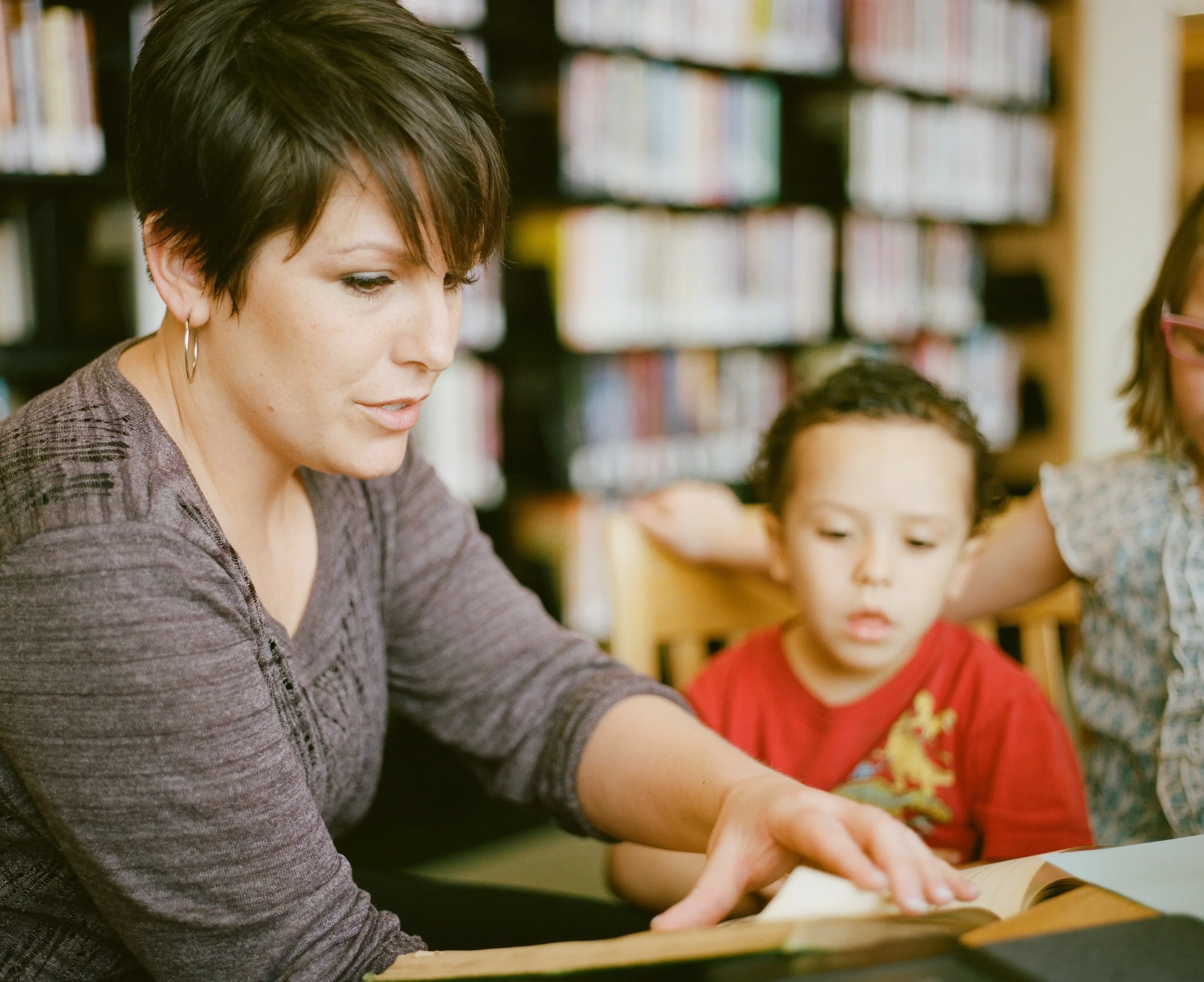Every young person has a right to evidence-based education to support their sexual health and wellbeing. But Australian schools continue to skirt around the S-E-X word, preach abstinence or throw some bananas and condoms in the break room and hope for the best. As Brianna Delahunty and Linnea Burton Smith from the ERA’s Young Women’s Advisory Group argue, Australians deserve inclusive, safe and respectful education that prepares them for the real world and real relationships.
Read MoreToday’s blog post from Myfan Jordan (@myfan_jordan) of Grassroots Research Studio follows last week’s article describing workplace experiences for women over 40 during the pandemic: Pandemic or endemic: older women and the toxic workplace. Today, we hear the experiences of a disability educator and a healthcare worker during the pandemic. In their own words, they tell us of the psychological health and safety risks they experienced working at the frontline.
Read MoreThe recent federal election result has delivered a loud and clear message across the country that we want our political leaders to commit to policies that enable equality, fairness, and compassion. That needs to extend to our children and young people, including appropriate support in educational settings. Shorna Moore of Melbourne City Mission (MCM) and Sally Lasslett of MCM and Hester Hornbrook Academy (@MelbCityMission) explain how the incoming federal government can enact simple policy changes to support all students back to the classroom after concerning data shows that a growing number of vulnerable young people have disengaged from their education following the pandemic.
Read MoreA diversity of perspectives, particularly from those with lived experiences of poverty and socio-economic disadvantage, is critical to strengthening public health research, policy and practice. In today’s analysis, Joelie Mandzufas (@jmzuf7) PhD candidate at Telethon Kids Institute (@telethonkids) at The University of Western Australia (@uwanews) highlights the need for complex social problems to be addressed ‘from the inside out’.
Read MoreWhether a child feels they belong at school can have a significant impact on their prospects after graduating from high-school. Dr Rhiannon Parker discusses her recent research that shows that low school belonging is a risk factor for whether someone is Not in Employment, Education, or Training (NEET) after leaving compulsory schooling.
Read MoreWayne Herbert, disability employment professional and person with disability makes a powerful argument for inclusive education. Segregation in education is indefensible on human rights and outcomes grounds.
Read MoreDuring the economic slow-down during the pandemic, the childhood education and care (ECEC) sector has been at the receiving end of highly uneven policy approaches, making it difficult to understand how the sector will remain viable and ready to ‘snap back.’ In today’s analysis, Romy Listo (@RomyListo) and Helen Dalley-Fisher, both of Equality Rights Alliance (@ERAAustralia), summarise ERA’s policy position paper on reimagining childcare.
Read MoreTeachers play an important and influential role in the lives of their students, and in many cases, their families, and the community. Their duties and responsibilities extend far beyond meeting learning outcomes, to caring for the social and emotional needs of their students. But who’s looking out for our teachers? The health and safety of teachers and their families must be a priority during the Covid-19 pandemic as they try and balance the different demands at work and home. In this blog post Dr Meera Varadharajan explores the importance of recognition, acknowledgement and support for teachers in the time of Covid-19.
Read MoreIn partnership with the National Foundation for Australian Women (@NFAWomen), we are running a series of pieces that analyse how the Covid-19 pandemic is differentially impacting on women. In today’s piece, Marie Coleman[1] (@MarieCo92176893) examines the situation surrounding early childhood education and child care, and considerations for families, governments, providers/services coming out of the pandemic.
Read MoreThe issue of school closures in the wake of the Covid-19 pandemic has been polarising the political and public discourse in Australia. In this blog post Professor Peter Collignon from ANU Medical School discusses why the Australian Government recommends keeping schools open for now.
Read MoreWhile there is rightly considerable policy interest in gender inequality, there has been surprisingly little attention given to the high school years as a key environment for this inequality or as a possible intervention point. Today’s analysis by Abigail Lewis (@AbigailLLew) at Per Capita (@PerCapita) provides a comprehensive overview of how a number of key gender inequities take root in high school, turning happy, confident girls into anxious young women who are already accustomed to experiencing violence and are on track to be paid less than the young men they graduate alongside.
This analysis is a summary from a chapter in an upcoming Per Capita report on gender inequity across the life course in Australia, launching in March 2020 and supported by the Women’s Leadership Institute Australia (@WLIAus). Sign up to Per Capita’s newsletter to be alerted to its publication.
Read MoreIn this blog piece, Churchill Trust Fellow Katrina Marson outlines the evidence for a sex-positive approach to sex education in schools. She argues that setting the baseline expectation that sex is something everyone enjoys, will meet standard harm prevention requirements while also paving the way for healthier relationships and wellbeing.
Read MoreSue Webeck, manager of The Australian National University’s (ANU) newly set-up Respectful Relationships Unit, describes the university’s approach in responding to the issues raised in the Human Right’s Commission’s ‘Change the Course Report: National Report on Sexual Assault and Sexual Harassment at Australian Universities’ in 2017, and the challenges involved in creating systemic change while responding to the ongoing needs of survivors.
Read More




















